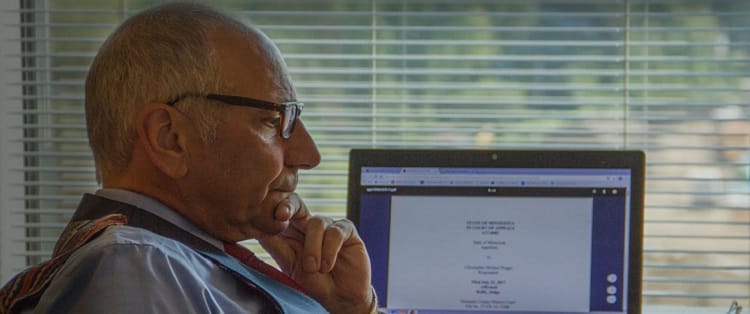Last week we talked about how the police are getting creative to hit people with criminal charges. Dubbed “outside the box” charges, they are part of a strategy that allows the police to cater the charges they want to give to people — and though it may sound illegal, it is all within the guise of the law. Now there’s a report aboutt he way juveniles are being charged in a creative way as well, though it benefits no one and will leave many people questioning why such criminal charges exist.
They are called “status offenses.” You probably haven’t heard of them if you are an adult, and that’s because you can’t be charged with one. “Status offenses” are “crimes” only in the sense that the act the juvenile performs is illegal simply because he or she is a juvenile. If that sounds convoluted, then you’re on the right track.
Status offenses are things like underage drinking or skipping school. Violating a curfew is another example of a status offense. These offenses are not inherently crimes — but if the juvenile’s parents are unwilling or unable to care for them, then the offending juvenile is placed in the care of the state. Thus, the offense can be turned into a crime and these juveniles can be put “in the system,” as it were. Certainly this is not in their best interest, or the best interest of the state. And yet, it happens anyway.
Thankfully, the report on status offenses shows that they were not as common in 2011 as they were in 2001, showing a considerable drop in application. That’s good, but there are still plenty of young people getting rap sheets and having their futures forever altered by these status offenses. At the same time, states are basically manufacturing criminals by turning these amazingly minor offenses that cause no one else harm into crimes.
It speaks to the need for defense representation, even for a juvenile who has done something so insignificant as running away from home (yes, that’s a status offense too).
Source: Washington Post, “Study looks at kids who do time for offenses that aren’t crimes,” Radley Balko, April 10, 2014
